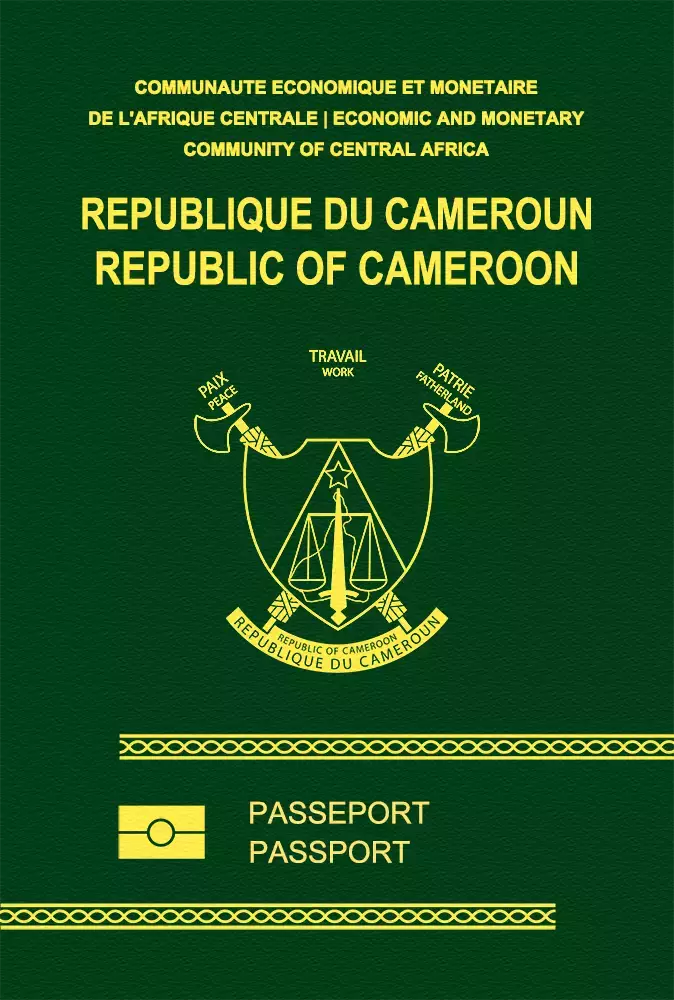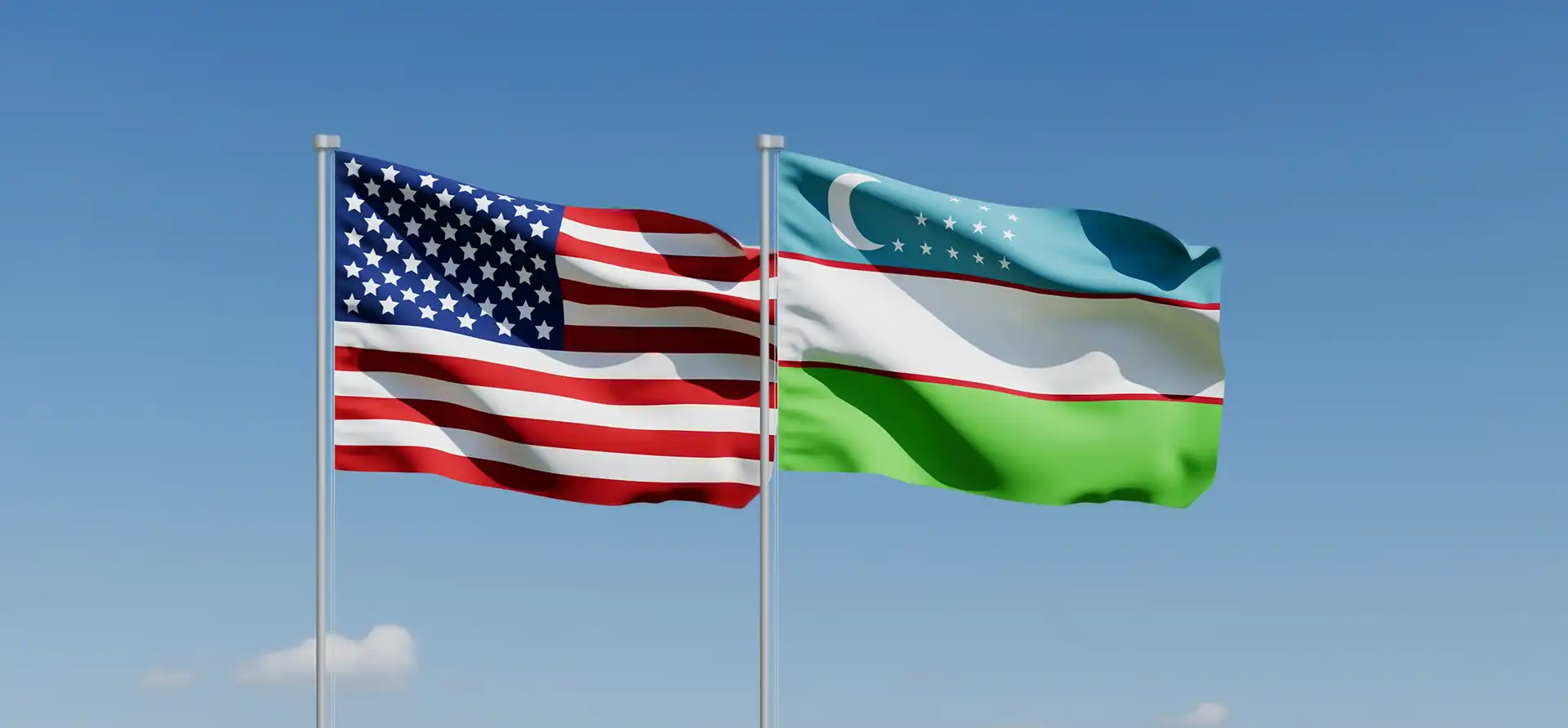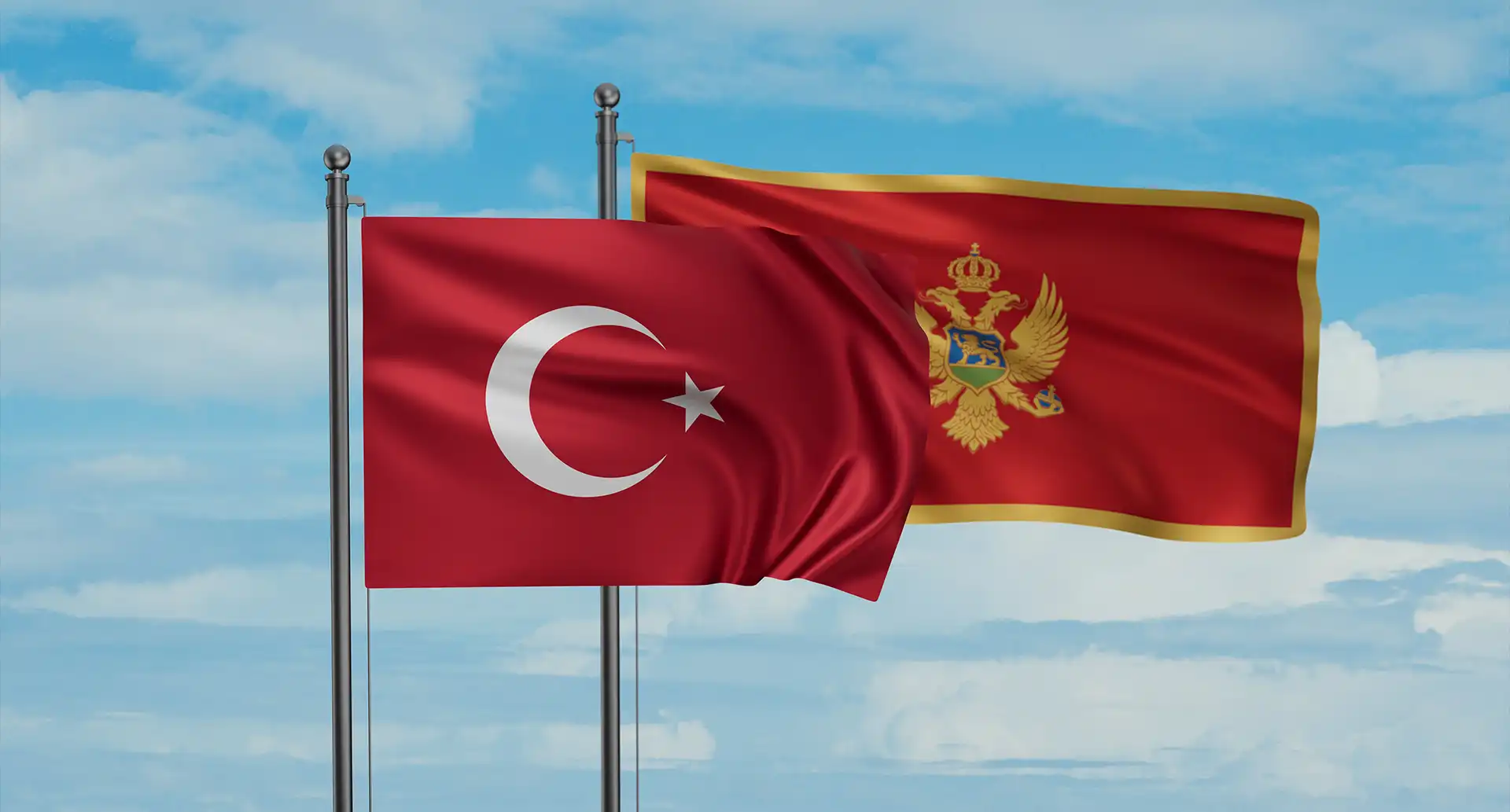

Cameroon
Cameroon passport ranking
The Cameroonian passport is currently ranked 91st place on the Guide Passport Index. It provides visa-free access to only 47 destinations. Cameroonian passport holders have visa-free access and visas on arrival to countries such as Mauritius, Philippines, and Singapore. Cameroonian citizens require a visa to enter 182 destinations in the world. This high visa requirement results in a low mobility score and entails major trip preparations before traveling.
Cameroon Passport Ranking
The Cameroon passport ranking relative to other global passports is calculated by adding up the number of countries that allow Cameroon passport holders to enter without a visa (i.e. visa-free countries) and those that allow Cameroon passport holders to enter by obtaining a visa on arrival (i.e. visa-on-arrival countries) or electronic travel authorization (eTA). There are currently a total of 22 Cameroon passport visa-free countries, 25 Cameroon visa-on-arrival countries, and 0 eTA destinations.
Altogether, Cameroon passport holders can enter a total of 47 destinations—either without a visa, through a visa on arrival, or via an eTA. As a result, the Cameroon passport ranks 91 in the world.
Separate from these Cameroon visa-free countries and visa-on-arrival countries, there are 182 additional destinations in which Cameroon passport holders either need a physical visa to enter or an eVisa (i.e. visa required countries).
About Cameroon
The Republic of Cameroon is a former French and British colony. Located in West and Central Africa, it consists of 10 regions. It borders Equatorial Guinea, Gabon, the Republic of the Congo, the Central African Republic, Chad and Nigeria. The most important provinces are Central, Far North, and Littoral. Cameroon is the 25th largest country in Africa with a surface area of 475,442 square kilometers. Its climate varies by area, from semiarid and hot in the north to tropical along the coast. Its terrain is quite diverse with plains, plateaus, and mountains.
The overall population is 26.5 million people. The capital of the country is Yaoundé. Douala however is the most populous city with over 2.7 million inhabitants. Other important cities of the country are Garoua, Kousséri, and Bamenda. The largest airport is Douala International Airport (DLA). It has an approximate yearly passenger traffic of 1.5 million. Together with Yaoundé Nsimalen International Airport, it connects Cameroon to destinations across Africa and Europe.
Cameroon became an independent country in 1960. Its culture is dominated by more than 240 different tribes. Catholic Christianity is the most widespread religion followed by Islam. The official languages of the country are French and English. Indigenous dialects and languages are still common. The legal system is a mix of English common, French civil, and customary law. The government form is a presidential republic with President Paul Biya as chief of state and Prime Minister Joseph Dion Ngute as head of government.
The official currency of the country is the West African CFA franc (XAF) with the current exchange rate being XAF 596 to the USD. Cameroon has an open economy, generating a GDP of approximately $44.9 billion. This makes it the 16th largest economy in Africa. It has a per capita income of $1,649. The nation has a diversified economy. 40% of the GDP does however still come from the export of oil. Furthermore, the country has a strong agricultural sector and is the number 3 worldwide for the production of plantain.
The Republic of Cameroon is an up-and-coming tourism destination offering limited attractions. The government describes it as “all of Africa in a single country”, due to the diversity of attractions and activities. Some of the major destinations are the capital Yaoundé, Limbe, Waza National Park, Foumban, and Camp Ma’an National Park. The majority of the 915,000 yearly tourism visitors originate from the neighboring African countries and Europe with a steady yearly growth.










































